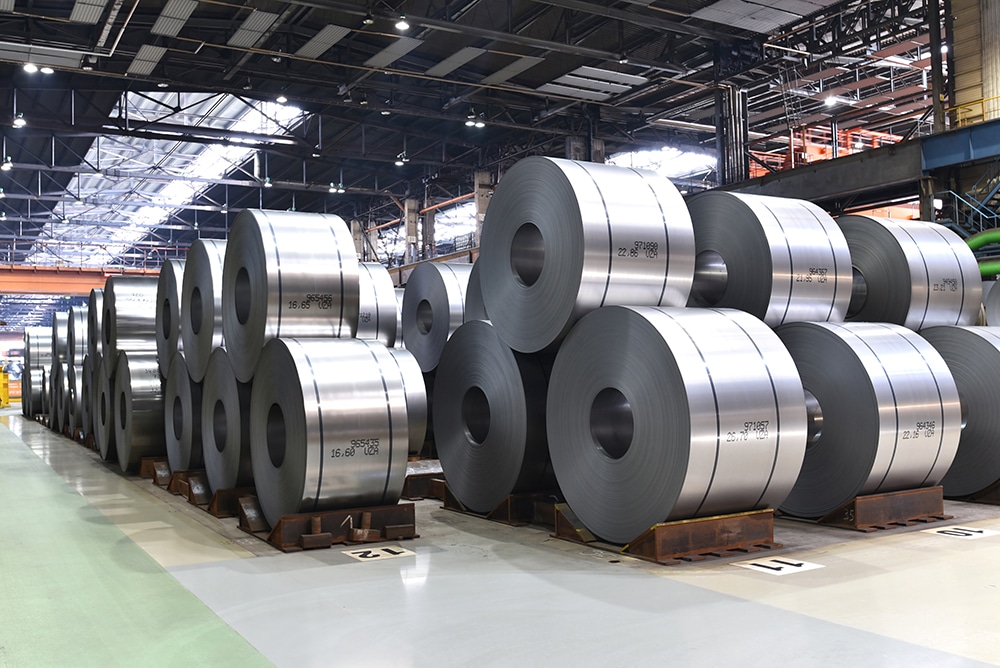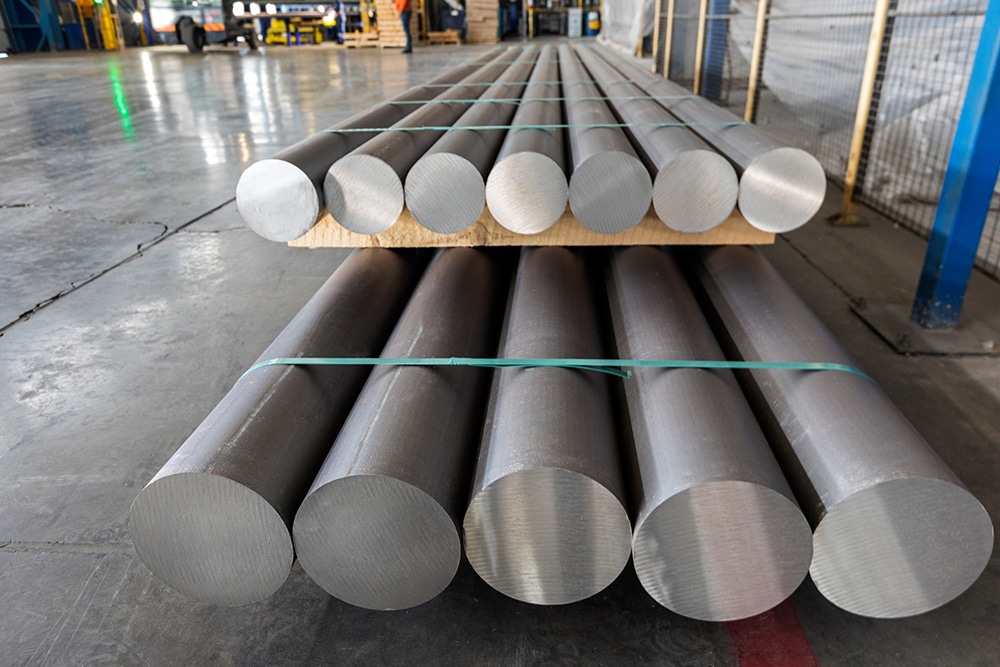With a potential strike on the U.S. East and Gulf Coasts set to begin today, metal buyers should brace for potentially significant disruptions that could impact metals prices. The International Longshoremen’s Association (ILA) recently signaled that dockworkers could walk off the job in the absence of a new labor agreement, halting operations at 36 critical ports. This would have immediate and profound effects on the supply chains of industrial metals like steel, aluminum, and copper, driving price volatility and slowing procurement.
MetalMiner just released its 2025 Annual Outlook Report, which gives a full, 12-month scope of forecasts for industrial metals prices throughout 2025. Click here to download your free sample.
Impact on Metal Supply Chains, Metals Prices
A ILA strike would cause severe delays in the supply of both raw and semi-finished metal products, negatively affecting metal buyers who depend on imports. Due to the disruption of the material flow, numerous industries, including manufacturing, construction and automotive, would encounter serious difficulties.
Even a brief strike could potentially cause expensive delays, as customers would find obtaining metals from other suppliers challenging. Long-term strikes could worsen shortages and, in the worst case, force certain industries to temporarily halt production lines as they begin to run low on essential components.

About half of the country’s ocean freight is handled by U.S. ports, so a strike might prevent a large number of metal imports from reaching their destinations. Since these ports handle 60% of the world’s container traffic, any disruption could end up crippling the industrial metals industry, with significant repercussions for other sectors that rely on timely imports. Market insights and ongoing logistics news are essential for purchasers trying to lessen these effects, which MetalMiner’s newsletter covers on a weekly basis.
The Potential for Rising Metals Prices
The strike also could have an immediate impact on metals prices, as key metal shortages and restricted port operations are likely to drive up costs. In the past, such circumstances have caused abrupt price increases for metals like steel and aluminum as consumers rush to build up supplies in anticipation of disruptions.
Moreover, the restriction on the free flow of commodities may limit the supply of certain metals, driving up prices overall. MetalMiner predicts that as businesses scramble to meet demand before their supply chains dry up, the industrial metal sector may see higher premiums and transportation prices.

Furthermore, importers are already putting a hold on contracts and halting purchases as they consider the possible consequences of the strike. Metal prices are under more pressure as a result, as market players take precautions against the unpredictable results of the labor dispute.
Potential Inflationary Pressures
Industry analysts predict that a protracted strike might raise the price of shipping and raw supplies, which would eventually pass on to final customers. Increased metal prices could further burden an economy still recuperating from high inflation by slowing down production and causing shortages of completed goods.
Furthermore, two price-sensitive industries, construction and manufacturing, will need to respond immediately by looking for alternate suppliers or changing their procurement practices.
Mitigation Strategies for Metal Buyers
For businesses to survive this storm, preparation is crucial. MetalMiner suggests a number of tactics to lessen the possible effects of the strike, all of which are covered in the 5 Top Sourcing Tactics. To counteract supply chain interruptions, it can be beneficial to source metals from alternate sources located outside of the impacted areas, if feasible. Consider collaborating with suppliers who can ship through unaffected ports, such as those in Canada, Mexico or other parts of the world.

Companies should also assess the amount of crucial metals they already have on hand and consider adding more. Even though keeping excess inventory has its own expenses, it can act as a safety net against unforeseen shortages.
Metal buyers can gain an advantage by using sophisticated pricing systems, like MetalMiner Insights, to anticipate price changes and schedule their purchases appropriately. By keeping ahead of market trends, buyers can lessen the effects of price increases and obtain their materials at more advantageous rates.

